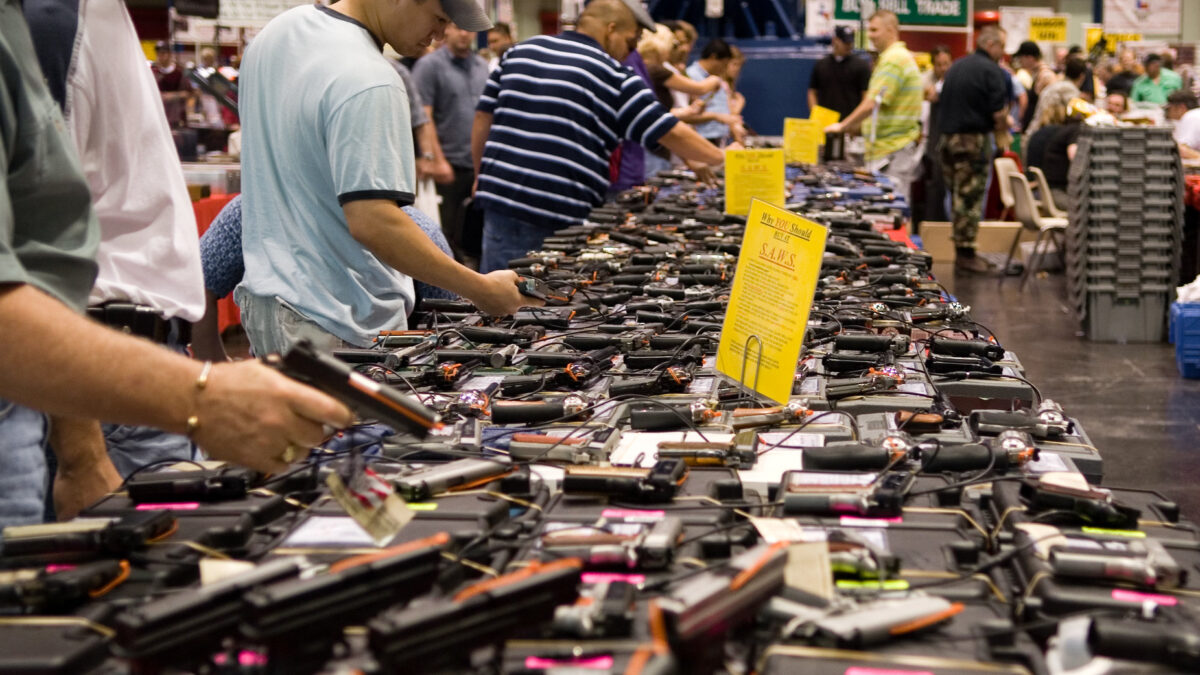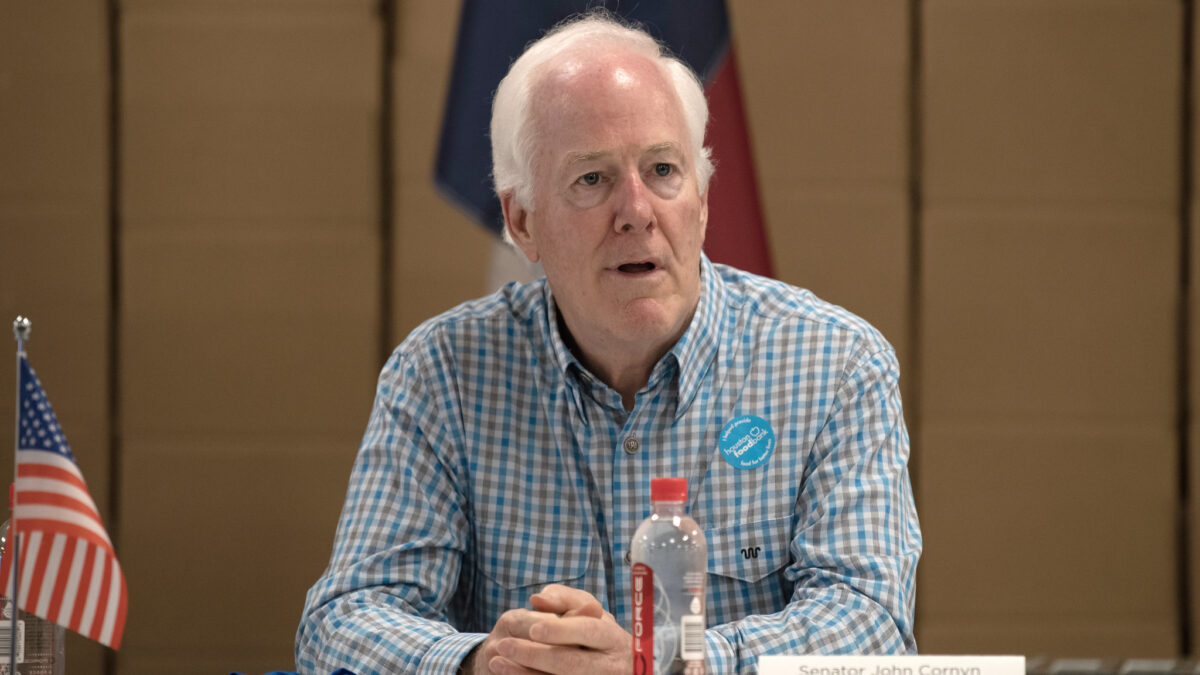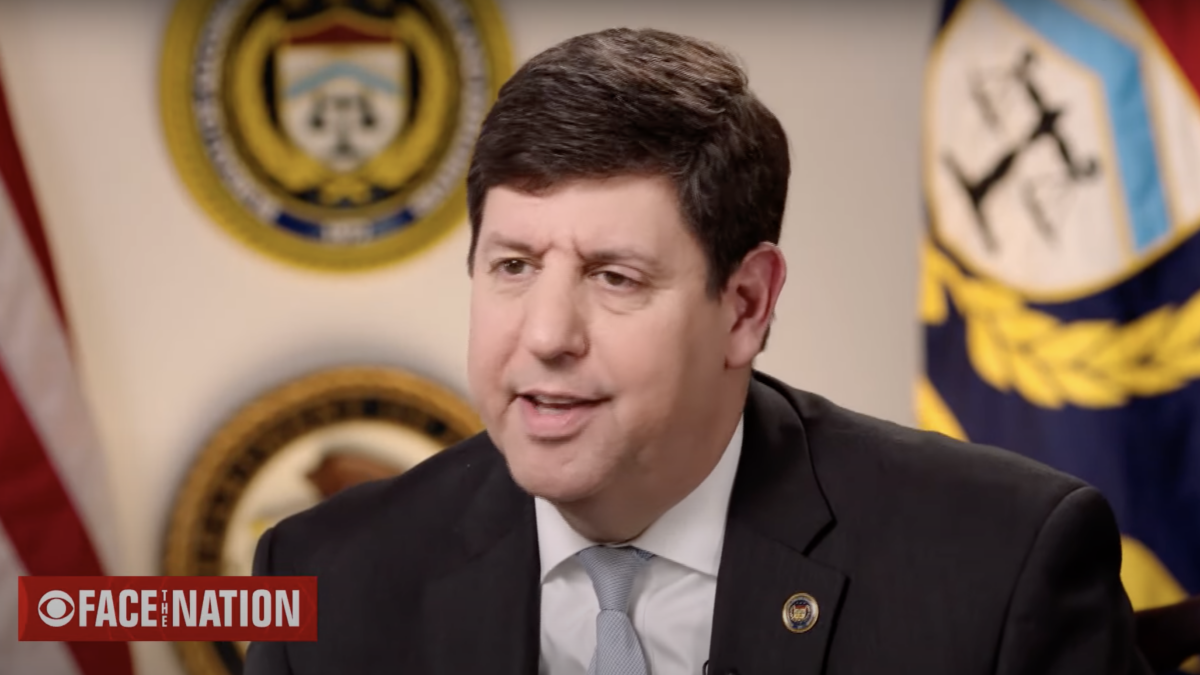
The U.S Supreme Court on Tuesday declined to hear an appeal from Remington Arms Company as to whether the Connecticut Supreme Court, in allowing a lawsuit by victims of the Sandy Hook tragedy to proceed against Remington, correctly interpreted a narrow exception to the federal Protection of Lawful Commerce in Arms Act (PLCAA). PLCAA bars lawsuits against members of the firearms industry seeking to blame them for harm caused by the criminal misuse of a lawfully sold, non-defective firearms.
In March the Connecticut Supreme Court ruled (4-3) that this wrongful death lawsuit could proceed based on a claim that Remington’s advertising was a knowing violation of law applicable to the sale or marketing of firearms and that the advertising in question was the proximate cause of the murders committed by Adam Lanza.
The U.S. Supreme Court’s denial of Remington’s certiorari petition is disappointing to the firearms industry. The National Shooting Sports Foundation, the firearms industry trade association, filed an amicus brief on behalf of Remington. While the U.S. Supreme Court grants review in very few cases, we believe this case warranted review.
For decades NSSF has been working to defend members of the firearms industry against frivolous lawsuits. NSSF was instrumental in drafting and successfully advocating for the passage of the bipartisan PLCAA that was signed into law by President George W. Bush in 2005.
The PLCAA simply codifies the bedrock common law principle that a manufacturer or retailer that lawfully sells a legal, non-defective product is not legally responsible for the subsequent criminal misuse of that product by a remote third person over whom the manufacturer or retailer has no control. That’s a long way of saying the PLCAAA says, “It’s the criminal who is solely responsible for his crime, not the manufacturer or retailer.”
Gun control advocates that are crowing about a big win shouldn’t cheer too early. Here’s what’s next.
The case, Soto v. Bushmaster, goes back to Connecticut state court for trial. There, the plaintiffs will need to prove that Remington’s advertising was a knowing violation of the Connecticut Unfair Trade Practices Act (CUTPA), the only claim remaining in the case, and that it caused Lanza to murder innocent victims.
In a strongly worded and well-reasoned dissent, Connecticut’s chief justice, Richard A. Robinson, rejected the majority’s overly broad interpretation of the scope of the limited PLCAA exception (known as the “predicate exception”) as contrary to the legislative text, canons of statutory interpretation, and clear legislative history and purpose of the PLCAA.
The plaintiffs allege that certain marketing and advertising by Remington was “unethical, oppressive, immoral and unscrupulous” as laid out in CUTPA. In short, they argue the advertising for these lawfully produced firearms somehow enticed the murderer to commit his heinous crimes.
Nothing in Remington’s advertising of these products connotes or encourages the illegal or negligent misuse of firearms. Facts are important here: The murderer didn’t buy the rifle. The first crime this murderer committed was stealing the rifle that was lawfully purchased by his mother, Nancy Lanza, two years prior. The second crime he committed was murdering his own mother as she slept.
Further, nothing demonstrates that Nancy Lanza, who legally purchased and possessed the firearm, or her son, who stole it and committed unspeakable crimes, saw or were influenced in any way by any advertisement. Remington did not and does not advertise to felons, or encourage firearms’ theft or murder.
In fact, Remington promotes the lawful and responsible ownership of firearms. As NSSF members, Remington actively supports the industry’s Real Solutions. Safer Communities campaign, which advocates that firearms should be locked when not in use and adjudicated mental health records must be submitted to the FBI to keep firearms from prohibited individuals. The campaign also promotes the prevention of straw purchases and firearms retailer thefts and burglaries as well as outreach to prevent suicides.
The Supreme Court passed an opportunity to demonstrate the sound legal doctrine of PLCAA that the firearms industry is not responsible for the crimes individuals commit. The courts don’t hold Ford accountable when an individual chooses to drive drunk. It’s the driver’s fault for not obeying the law.
The same logic applies here. The criminal stole and misused a rifle that was never advertised to him. He committed the crimes. He alone bears the blame. As the Connecticut Supreme Court noted in its 4-3 decision allowing the case to proceed noted, “Proving such a causal link at trial may prove to be a Herculean task.”
Members of the firearms industry continue to feel sympathy toward the Sandy Hook victims. NSSF is headquartered in Newtown. But make no mistake: the murderer alone is responsible for his heinous actions.









